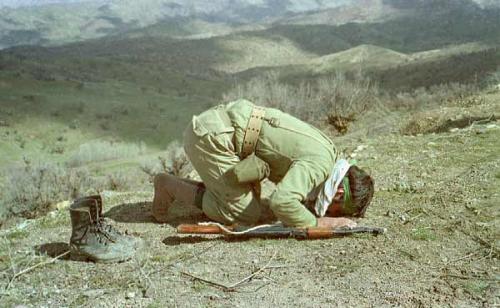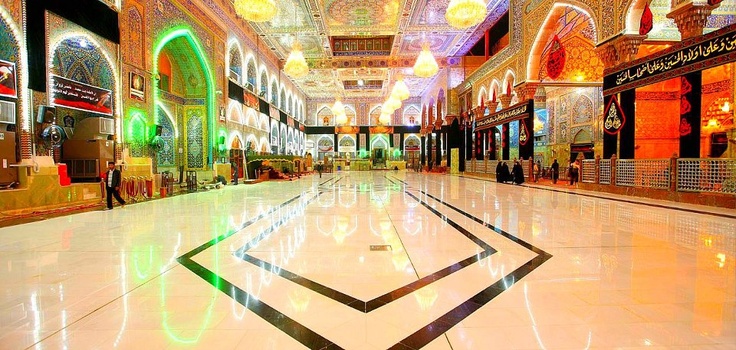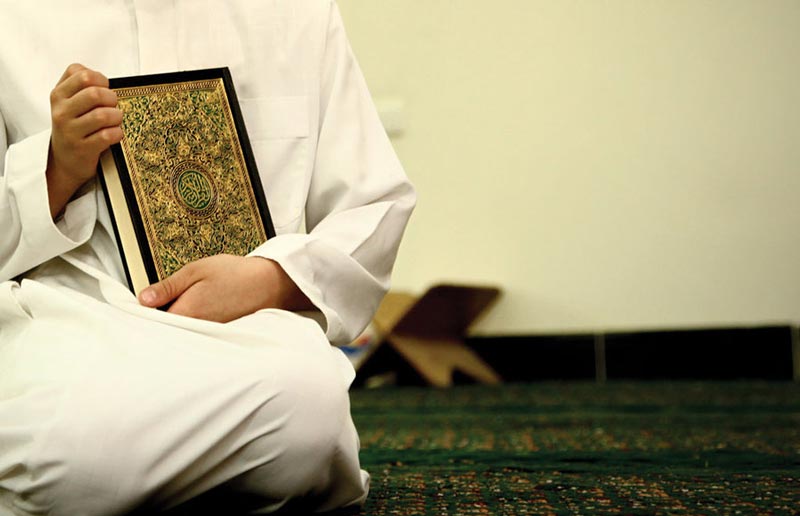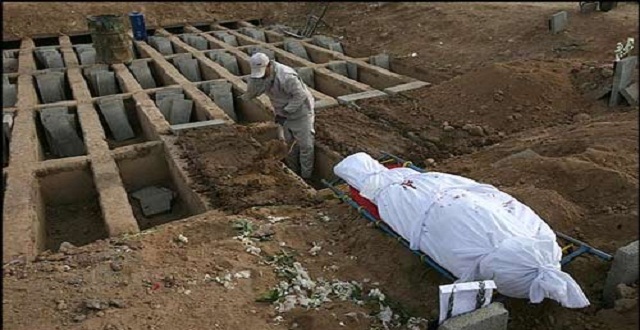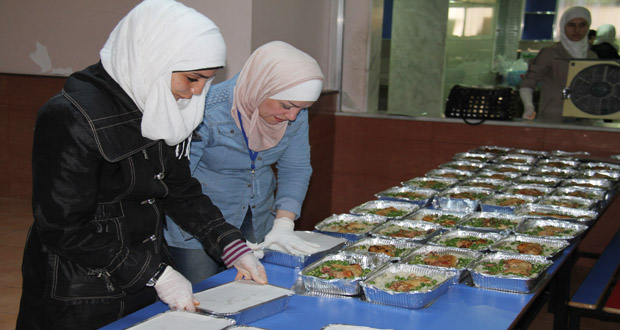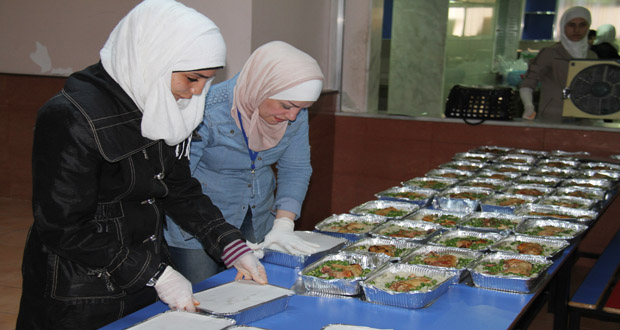What is the philosophy behind observing “Taqwa” and God-fearing?
In Islam we have been ordered to observe “Taqwa” or piety.
If we want to describe this word in brief we say:
Taqwa means to fear Allah and to feel the presence of Allah in all situations and under all circumstances.
If someone is familiar with the teachings of Islam, he/she definitely realizes that the base of all perfections in Islam is Taqwa.
There are hundreds of verses of the holy Quran in which the concept of Taqwa is used.
According to the second verse of chapter Bagharah, the Quran describes itself as guidance for the pious people, which means the real and complete guidance of the Quran is obtained through Taqwa.
If someone wants to be more respected to Allah than others, he/she must be pious, because Allah said in chapter Hojorat verse 13:
يَا أَيُّهَا النَّاسُ إِنَّا خَلَقْنَاكُم مِّن ذَكَرٍ وَأُنثَى وَجَعَلْنَاكُمْ شُعُوبًا وَقَبَائِلَ لِتَعَارَفُوا إِنَّ أَكْرَمَكُمْ عِندَ اللَّهِ أَتْقَاكُمْ إِنَّ اللَّهَ عَلِيمٌ خَبِيرٌ
“People, we have created you from a male and a female, and made you into nations and tribes that you might know one another. The noblest of you before Allah is the most righteous of you. Allah is the knower, the aware”.
From this verse we understand that there is no any priority of any one over others, except through Taqwa, and no one can say that because for example I am from that great tribe, so I’m better than the other.
Through Taqwa we can reach to a powerful sight that makes us able to distinguish right from wrong. Allah said in chapter Anfal, verse 29:
يِا أَيُّهَا الَّذِينَ آمَنُواْ إَن تَتَّقُواْ اللّهَ يَجْعَل لَّكُمْ فُرْقَانًا وَيُكَفِّرْ عَنكُمْ سَيِّئَاتِكُمْ وَيَغْفِرْ لَكُمْ وَاللّهُ ذُو الْفَضْلِ الْعَظِيمِ
“Believers, if you fear Allah, He will give you a criteria and cleanse you of your sins and forgive you, Allah is the owner of great bounty”.
Taqwa has different levels; the Islamic scholars in the field of morality have divided it into three levels:
-The level which is obtained through obeying obligations and prohibitions.
-The level that apart from performing the duties of the first level, can be reached through performing recommended acts and avoiding from Makruh(the acts which are not Haram and prohibited, but it is better to be left).
-The level that beside the deeds of the first and second levels can be achieved through making the heart only for the inhabitance of Allah and not letting others to enter in it.
Of course we must not force ourselves to reach to the third level in one night, because by this intention, in many cases we will make ourselves reluctant to worship of Allah and religion.
Another benefit of Taqwa is that through it, we can get rid of difficulties like satanic temptations. Allah said in chapter Talaq verses 2-3:
مَن يَتَّقِ اللَّهَ يَجْعَل لَّهُ مَخْرَجًا
وَيَرْزُقْهُ مِنْ حَيْثُ لَا يَحْتَسِبُ
“Whosoever fears Allah, He will appoint for him a way out.
And provide for him from where he does not expect”.
Another benefits that we can obtain through Taqwa which is understood from the above verse, is that the sustenance in both physical and spiritual meanings is achieved through Taqwa, the meaning of physical sustenance is clear, and the spiritual “Rezq” and sustenance can be manifested in different ways, like getting familiar with a prominent teacher in the field of morality, or finding a righteous friends or finding the chance for visiting the shrines of the infallibles etc. and for such a person who observes Taqwa, the next step of perfection gets clear.
According to the Quran, if someone wants to be beloved by Allah and wants to have good ending in the life, he/she must observe Taqwa.
If the servant of Allah does not observe Taqwa, his/her good deeds might not have its perfect effect, and it is like a patient, that does not restrain from eating the harmful meals, so even such a person, uses the best medical treatments, but because of not leaving the harmful food, the medicine has not its complete effect.
The holy Prophet of Islam said:
“Verily if you perform prayer so much to the extent that you become like the bow and if you fast so much to the extent that you become like the bowstring, these acts are not beneficial for you, except if you observe Taqwa.”
Molavi the great poet has composed an interesting poem related to our subject.
He said:
We try to fill the store full of wheat, and as much as we fill the store, we lose the wheat, because we are not aware that this store has mice that they eat the wheat.
So if we try to perform Mostahab and recommended acts, but do not abstain from committing the prohibited acts i.e. sins, these good deeds are not so beneficial for us.
————————-
Source:
Hawzah.net

